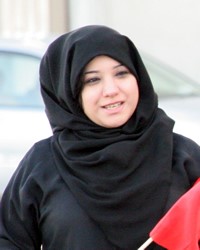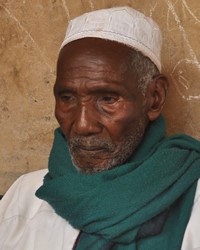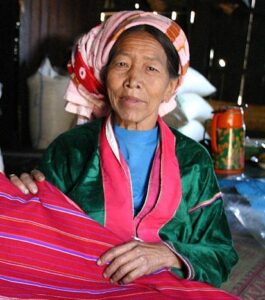“Lift up your eyes, and look on the fields…” —John 4:35
The gospel song writer W. S. Brown wrote: A volunteer for Jesus, a soldier true! Others have enlisted, why not you? Jesus is the Captain. We will never fear. Will you be enlisted as a volunteer?
When the Japanese bombed Pearl Harbor on December 7, 1941, American men by the thousands volunteered for military service. For many it would mean the ultimate sacrifice. Some who were too young even lied about their age to join. Would to God that we had young men today with this same spirit who would volunteer to serve in the army of the Great Commission! The young patriots were saying to Uncle Sam, “Let me go!” It seems young men today are saying to our Captain, “If you want me, make me go.”
If we were to ask one hundred men in a Bible college why they are there, they would tell us they are preparing for the gospel ministry. If we were to ask how many are planning to exercise their ministry outside the borders of our country, the number would be extremely low, perhaps only two or three percent. Does that seem just? Only one out of forty people born in the world will be born in the US. We make up a small part of the world population, but we seem to get more than our share of the preachers. It is true that there is a great shortage of pastors right now in America. Pastors are leaving the ministry at almost the same alarming rate as missionaries, and fewer are entering the ministry. We cannot deny that we need Christian workers here, but neither can we ignore the commandment of Jesus to preach the Gospel to every creature and to all nations. We ought to be very disturbed about our failure to obey this order.
If we were to ask young Christians, including those in Bible schools, why they are not planning and preparing for missionary service, their answer, almost without exception, would be, “God has not called me.” Many even say, “I am willing to go if God calls me.” Friend, why not prove your willingness by volunteering? Would it not please God if we would follow the example of Isaiah and say, “Here am I; send me”? What could possibly be wrong with volunteering to do what Christ has commanded us to do? Saul of Tarsis who became Paul the Apostle had a supernatural experience, but no one since then has had such a calling. A good way to know if missionary service is God’s will for you is to volunteer for it!
Perhaps you should get on your knees and honestly volunteer to go to the foreign field, then get up and immediately begin to prepare and move in that direction. Lift up your eyes. Start asking God where you should go. Get information. Look for open doors. Discuss it with your pastor. Get a passport and visit some mission fields. The “willingness” of God’s people is not getting the task done. Some are honestly willing to go, but they have often heard, “You must be absolutely sure you are called, or you better not go.” Unsure what this calling looks or feels like and without clear Bible verses that explain it, they hesitate to declare that they are called. Perhaps they are waiting on God when God is waiting on them.
Robert served in a South Sea Island country for many years until forced to return to the states to die of cancer. He spent his remaining days pleading for more missionaries. Men would tell him, “Brother Bob, I need a call to go.” To which he would say, “Give me your phone number; I will call you!” Another brother named Mark heard Robert say this, and he volunteered to go to the mission field. Some mocked him and said, “Mark, you cannot volunteer; you must have a call.” He applied to a mission board, but they were reluctant to accept him because he was only a volunteer and probably would not stay long on the field. He told them, “I may someday doubt that I was really called, but I will never doubt the fact that I volunteered.” They accepted him, and he spent three and a half decades as a missionary in Africa until bad health forced him home. A single lady named Rebecca heard Brother Mark give his testimony. She was interested in foreign missions, but had always heard, “Wait for a call.” Rebecca told her pastor of her desire to volunteer for missionary service. He said, “Okay, do it, and see if the Lord stops you.” God did not stop her!
We encourage people to volunteer to serve in the church nursery or mow the grass. We can volunteer to win the lost in our town or anywhere in our country. But we must not volunteer to go and win them in foreign countries? Does that make sense? Is there any scripture that forbids volunteering? Why can we volunteer for any occupation except full-time service for Christ in a place where few or none are serving?
You may ask, “What if God does not want me to be a missionary?” In that case, God can use your church to hold you back. You may be disqualified because of mental or physical inability, poor health, inconsistent Christian living, addictions, or your age might be a prohibiting factor. (Under eighteen might be too young, and over seventy might be too old). It probably would not be right to lie about your age to join up! Maybe we are too afraid of making the mistake of going when we should stay. Which do you suppose would be the greater error: going when we should stay or staying when we should go? If we go when we should not, it merely costs time and money. However, if we stay when we should go, a group of lost heathen will never hear about Jesus!
“A call for loyal soldiers comes to one and all; soldiers for the conflict, will you heed the call? Will you answer quickly with a ready cheer? Will you be enlisted as a volunteer?”
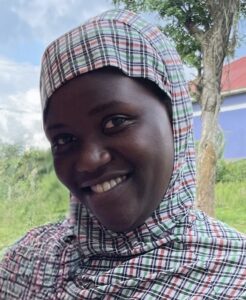 In the 1880s, the governor of Southern Sudan was driven from his country into Uganda. He and his soldiers were given protection from the British in return for their service. This group of Muslim soldiers and their descendants eventually became known as the Nubi people. In the 1890s, the British awarded the Nubi soldiers land in Kenya.
In the 1880s, the governor of Southern Sudan was driven from his country into Uganda. He and his soldiers were given protection from the British in return for their service. This group of Muslim soldiers and their descendants eventually became known as the Nubi people. In the 1890s, the British awarded the Nubi soldiers land in Kenya.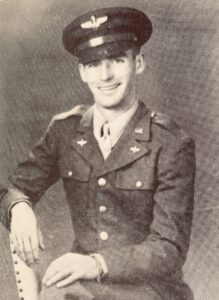
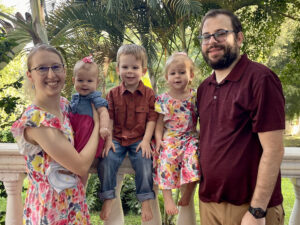
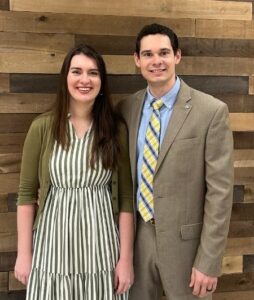
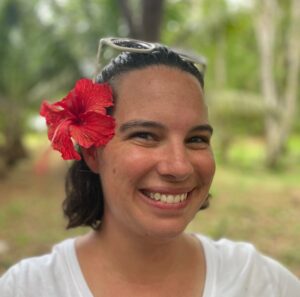
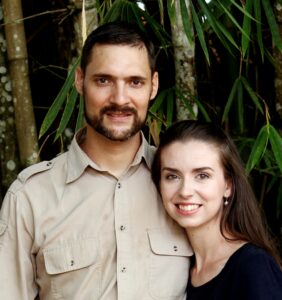
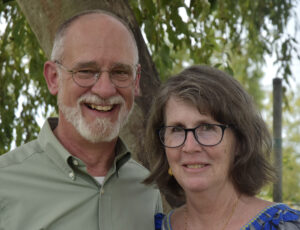
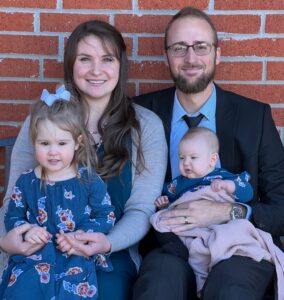
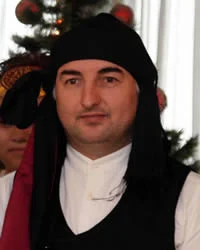
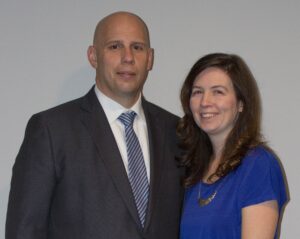
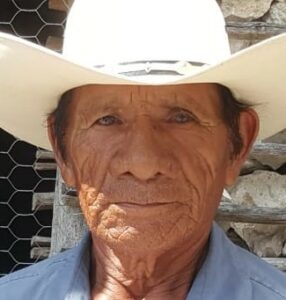 Ten thousand Pame live in San Luis Potosi, a state of central Mexico. They call themselves Xiúi meaning “indigenous.” The Pame cultivate maize, beans, squash, and chili which constitute their main diet. However, the soil is poor and rocky and many Pame are migrant workers.
Ten thousand Pame live in San Luis Potosi, a state of central Mexico. They call themselves Xiúi meaning “indigenous.” The Pame cultivate maize, beans, squash, and chili which constitute their main diet. However, the soil is poor and rocky and many Pame are migrant workers.

